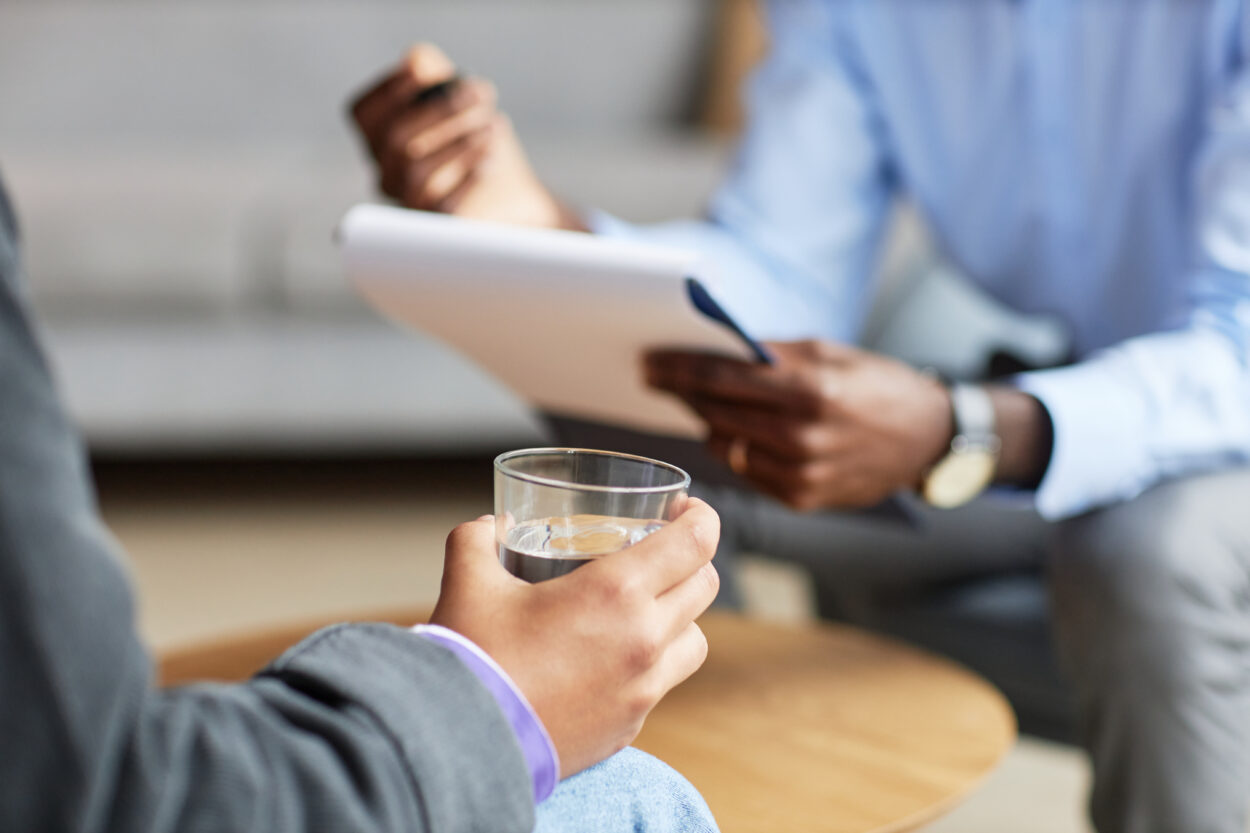Navigating Holiday Hang-ups in Recovery: Best Ways to Avoid Relapse Triggers

The holiday season can be a time of joy, connection and celebration, but it’s also filled with situations that can challenge those in recovery. Holiday gatherings often include abundant alcohol, festive parties and family dynamics that can quickly turn stressful. These factors can lead to holiday relapse triggers that threaten to undermine progress made in sobriety. Preparing for the season ahead with clear strategies to avoid relapse triggers can make a difference, transforming the holidays from a time of temptation into a season of resilience and renewal.
1. Understanding Holiday Relapse Triggers
In recovery, a strong sense of self-awareness is crucial. Identifying holidays and addiction triggers can help in developing effective coping strategies. Here are some common holiday relapse triggers:
– Social gatherings with alcohol or substance use: The holidays often include gatherings where alcohol or other substances are readily available. It’s easy to feel left out or tempted in these settings, especially if there’s social pressure to drink or partake.
– Family dynamics and unresolved conflicts: Family gatherings may bring up past issues, unresolved conflicts or complicated emotions, creating a stressful environment. Emotional pain, mainly if not addressed in advance, can amplify the urge to relapse.
– Financial strain: The holidays are known for gift-giving, traveling and other costly expenses. For many, this season introduces financial stress, which can act as a significant relapse trigger.
– Increased loneliness and isolation: The season’s focus on family and connection can sometimes lead to feelings of loneliness for individuals in recovery, particularly if they’re estranged from loved ones or still rebuilding relationships. This isolation can be a powerful relapse trigger for those struggling with addiction.
Recognizing these triggers is the first step in managing them effectively. By acknowledging how holidays and addiction can intersect, those in recovery can develop coping strategies to face each trigger head-on.
2. Creating a Holiday Recovery Plan
Preparation can be a significant line of defense against holiday relapse triggers. Here are some steps to create a plan to stay grounded and resilient throughout the season:
Have a Support System on Speed Dial: Contact a sponsor, sober friend, or family member who understands your recovery journey and can offer support if you feel overwhelmed. They can offer a listening ear, distraction, or a physical place to go if you need to remove yourself from a difficult situation.
– Establish Boundaries with Family and Friends: Set limits with those who may inadvertently create relapse triggers. This may mean limiting time spent in environments with heavy drinking or letting family members know that specific topics of conversation are off-limits.
– Limit Exposure to Triggering Events: In some cases, it’s best to avoid environments or gatherings that might compromise sobriety. There’s no shame in saying no to a party if it means staying sober. Seek out substance-free events or plan to leave early if you feel uncomfortable.
– Practice Self-Care: The hustle and bustle of the holiday season can leave little time for self-care, yet it’s essential in recovery. Prioritize activities that boost your mental and emotional well-being, such as regular exercise, mindfulness meditation, journaling or any activity that helps relieve stress.
3. Reframe the Holiday Experience
While the holidays may seem to focus on indulgence and excess, for someone in recovery, they can also serve as an opportunity to reconnect with their values and find new meaning in the season. Reframing the experience of the holidays can make a big difference:
– Create New Traditions: If past holiday traditions involved heavy drinking or substance use, consider starting new traditions that align with your recovery goals. Volunteering, cooking holiday meals, hosting sober gatherings or taking a holiday trip are great ways to celebrate the season without putting yourself at risk.
– Set Realistic Expectations: While many people hope for picture-perfect holidays, keeping expectations grounded in reality is helpful. Understanding that there may be some stress or disappointments can prevent feelings of letdown or anxiety from derailing your recovery.
– Focus on Gratitude and Giving: Taking time to reflect on the progress you’ve made in your recovery can help foster a sense of gratitude. Gratitude has been shown to improve mental resilience, which is essential in maintaining sobriety during challenging times. Additionally, giving back to others, whether through volunteer work or simple acts of kindness, can help shift the focus away from stress and towards fulfillment.
4. Staying in Touch with a Recovery Community
One of the best ways to manage holiday relapse triggers is by staying connected with a supportive recovery community. Many support groups and organizations offer virtual meetings and events during the holidays, making it easy to stay involved even if you’re traveling or unable to attend in-person sessions. Regular check-ins, sharing experiences, and hearing others’ stories can be grounding and remind you that you’re not alone in your journey.
5. Preparing for Emotional Highs and Lows
The holidays are often filled with intense emotions, from joy and excitement to stress and nostalgia. Managing these highs and lows is critical to maintaining sobriety during the season. Here are a few techniques.
– Use Mindfulness to Regulate Emotions: Mindfulness can help you stay present, reduce anxiety and prevent spiraling thoughts. If you start feeling overwhelmed, take a few moments to ground yourself with deep breaths, a short meditation or a calming activity.
– Give Yourself Permission to Feel: Bottling up emotions can lead to frustration and potential relapse. Instead, embrace the full range of emotions the holidays bring, understanding that feeling emotional highs and lows is part of the process. If you’re struggling with strong emotions, reaching out for support or writing in a journal can be an effective outlet.
6. Plan for Post-Holiday Reflection
Finally, once the holiday season ends, reflect on your experiences and how you handled challenges. Acknowledging your successes and any moments you felt challenged will help you continue building resilience and preparing for future events. Post-holiday reflection can offer valuable insight into your triggers and strengths, empowering you in your recovery journey.
Staying the Recovery Course During the Holiday Season
The holiday season is rich in experiences and emotions, which can be exciting and challenging for individuals in recovery. However, individuals can face the season with confidence by recognizing potential holiday relapse triggers and building a solid plan to cope with stress. Recovery is a journey that doesn’t pause for the holidays, but with the right tools, you can stay strong, find new ways to celebrate, and emerge on the other side feeling proud and inspired to continue your path to sobriety.






